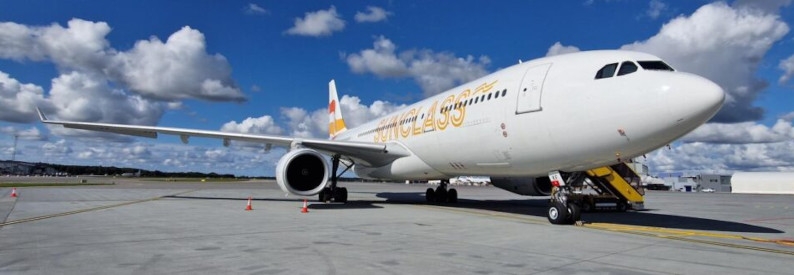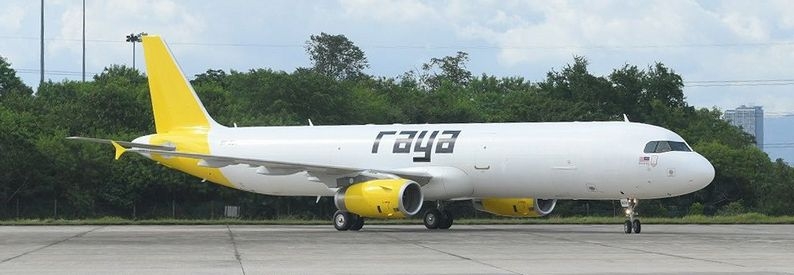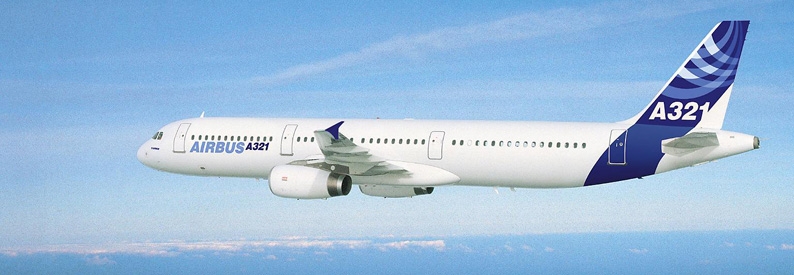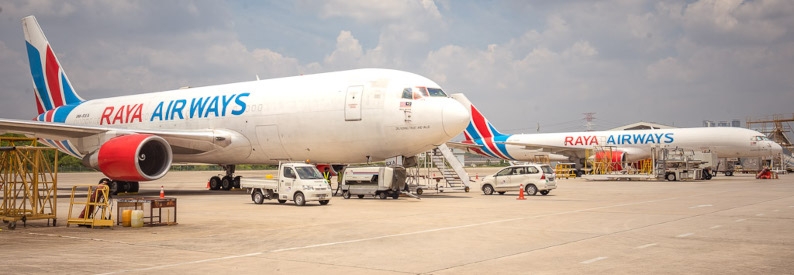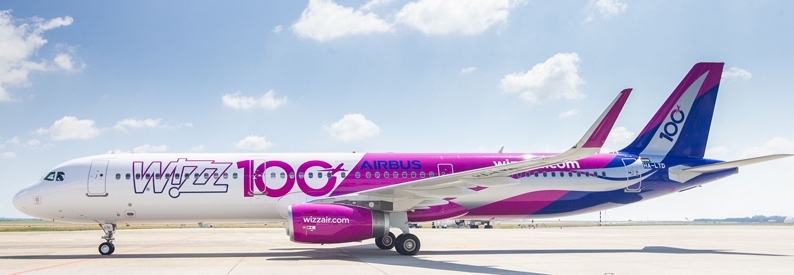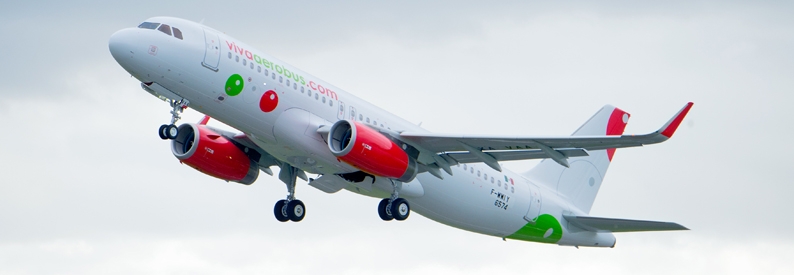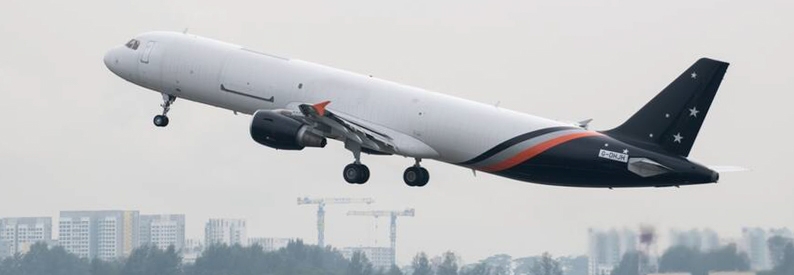On December 19, during The Queen's Speech at the state opening the UK's Parliament, the monarch detailed her government's plans to introduce a new law to protect airline passengers if a carrier becomes insolvent, reports Travel Daily. The move follows the recent failures of Monarch Airlines (1968) (London Luton) and Thomas Cook Airlines UK (Manchester International).
The UK government is studying the introduction of a mechanism to facilitate the country's Civil Aviation Authority (CAA) granting insolvent airlines a temporary operating license so that they can repatriate passengers. This will then prevent the UK government having to intervene in order to bring passengers home and spending millions of pounds in the process of chartering other airlines' aircraft.
The Association of British Travel Agents (ABTA) has requested that the government brings forward a consultation to consider the recommendations of the Airline Insolvency Review. In addition, the association has suggested that airline insolvency is separated from the wider UK aviation strategy process, which has been delayed until later this year.
Mark Tanzer, ABTA’s Chief Executive Officer, said: “While operationally well-managed by the CAA, the decision to once again repatriate holidaymakers, regardless of whether or not they were legally entitled to that protection, undermines the package holiday sector by incentivising consumers towards unprotected arrangements.
“ABTA has long argued for clarity regarding airline insolvency arrangements and welcomes the commitment in The Queen’s Speech to bring forward legislation. This is a complex issue, as was recognised by Peter Bucks in the Airline Insolvency Review recommendations, and should include a full consultation to provide a solution as confusion regarding the protection provisions is damaging to customers and businesses alike.”
"This is a complex issue and should include a complete consultation to provide a solution, since the confusion regarding protection provisions is harmful to customers and businesses," said Peter Bucks, Chairman of the Review Commission of Insolvency of Airlines.
Also outlined in the UK government's commitment is the formation of an administrative body to give advice and support to passengers during insolvency to ensure they are not left stranded abroad.
When Thomas Cook Airlines UK went bankrupt in September this year it was operating twenty-eight A321-200s and seven A330-200s, according to the ch-aviation fleets module. The UK operator also wet-leased in incremental capacity from Avion Express (X9, Vilnius) and SmartLynx Airlines (6Y, Riga).


